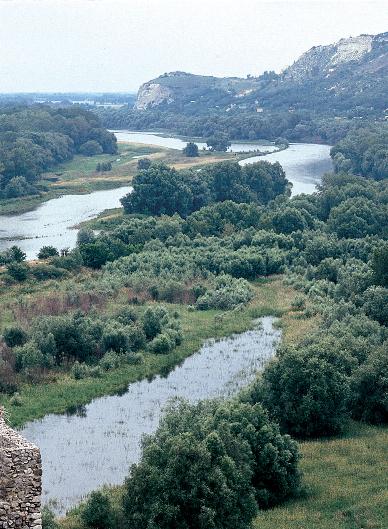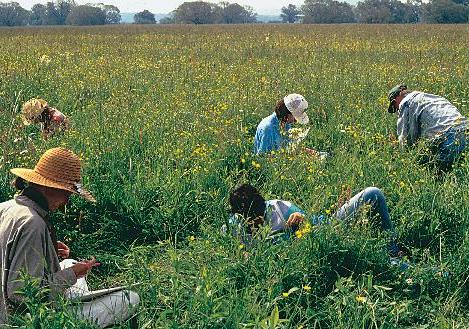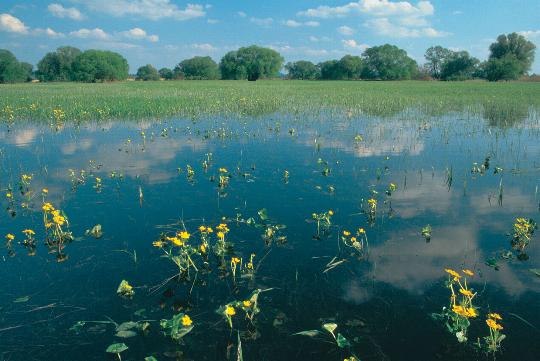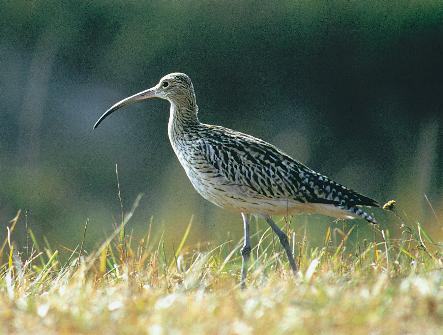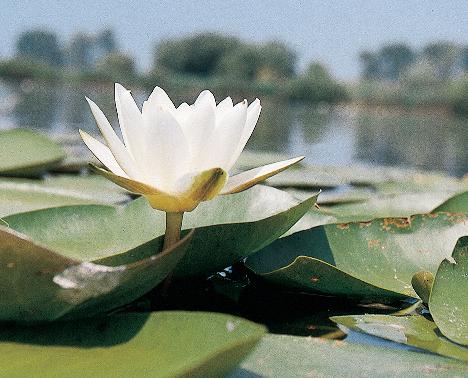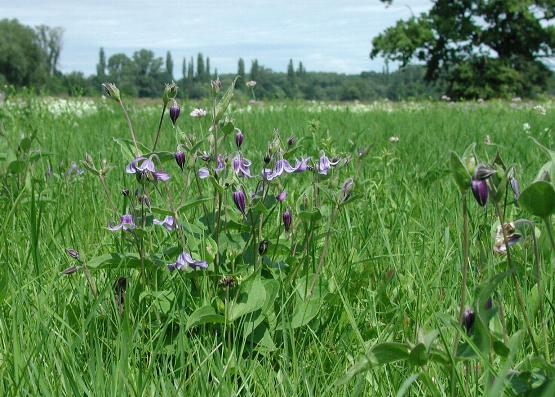The Ramsar Wetland Conservation Award winners for 2002
The NGO Trinational Initiative for the Morava-Dyje Floodplains
Daphne (Slovak Republic), Distelverein (Austria), Veronica (Czech Republic), WWF International-Danube Carpathian Programme
The Ramsar Wetland Conservation Award and Evian Special Prize - 2002
These four organizations are being rewarded for the work they have been carrying out for many years at the national level in each of the three countries, and at the international level, to ensure sustainable use and conservation of the natural and cultural heritage of the floodplains of the Morava (March) and Dyje (Thaya) rivers.
The Morava-Dyje riverine landscape is one of the last regions in Europe where traditional land use has secured a rich biodiversity, and today it is becoming a model area for the reconciliation of man and nature. This ecosystem is one of the most valuable wetlands in Europe. A mosaic of meadows, river meanders and oxbow lakes, old hardwood floodplains, forests and reed beds, it is home to an extraordinary variety of wildlife. In their own regions and in collaboration, the four organisations have developed and implemented activities to restore degraded habitats, to use sustainably the resources of the land (notably through the use of traditional and extensive farming practices), and to inform and sensitise the local populations.
Their activities have lead to the signature, by the Ministries for the Environment of the three countries, of a Memorandum of Understanding to implement the Ramsar Convention in the transboundary, trilateral area of the "Morava - Dyje Floodplains" and to the establishment of the Trilateral Ramsar Platform in the Morava - Dyje floodplains. In the Memorandum, the three countries agreed to hold annual meetings to coordinate their efforts to achieve trilateral status for the existing Ramsar Sites along the border area of the Morava and Dyje floodplains and to develop their management according to the "Guidelines for management planning for Ramsar Sites and other wetlands". The signatories consider that a trilateral platform, composed of up to 15 experts, representing these ministries, water management institutions, the national Ramsar committees and non-governmental organisations, would form the most convenient way to further trilateral cooperation.
The four NGOs involved in this initiative are fully committed to solving the problems and addressing the threats that are still affecting the region, and to maintaining the ecological character of the sites.
Well-structured and locally well-rooted, this long-term initiative has now gained active support by the respective local and national authorities, as well as by the European Commission. It is backed by good scientific and technical support, which has produced research outputs of importance, recognised at a wider scale. It provides a model of transboundary cooperation and promotion of wise use practices.
The Ramsar Award is being given jointly to the four organizations in recognition of their patient and visionary efforts to ensure a harmonious and sustainable future for this region.
